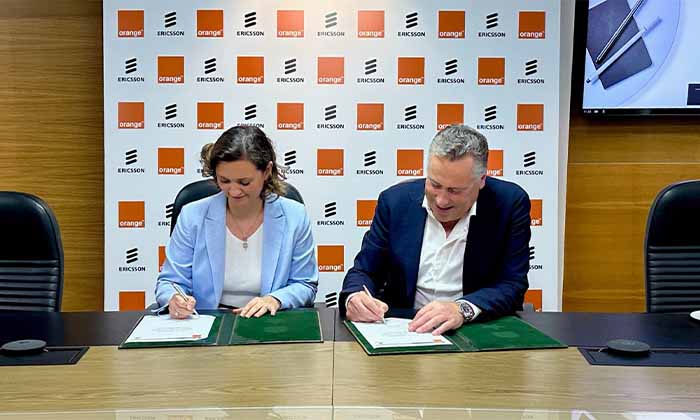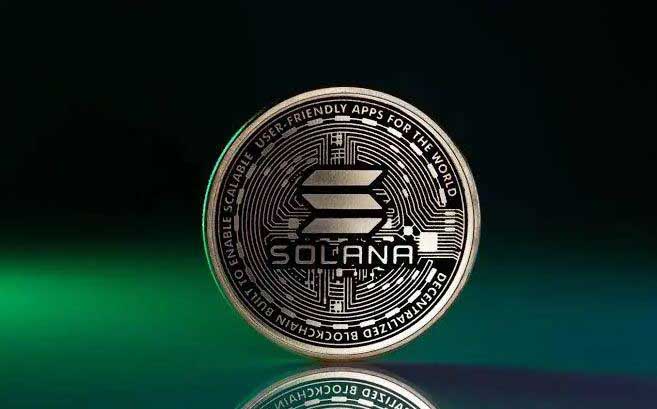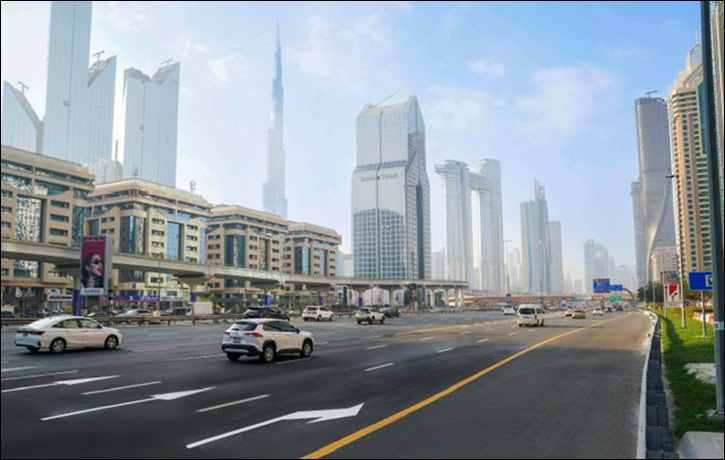- Exports to the region grew nearly 40% over the past year, with micro and small businesses accounting for a large share of this trade, according to Brazilian trade services body Sebrae
- Açaí and cosmetic products have strong commercial appeal; also, high demand for energy-related start-ups and technological innovation
Brazilian micro and small business see significant opportunities in the UAE and regard the country as a gateway to the broader MENA region, executives from Sebrae, the Brazilian micro and small business support service, told a Brazilian business event in Dubai. Sebrae took part in the Brazil-United Arab Emirates Prospective Business Mission on November 14 and 15 as part of its efforts to cultivate opportunities for Brazilian companies in the UAE.
Owners of micro and small Brazilian companies will also participate in various activities during the six-months of Expo 2020 Dubai. Sebrae, in partnership with other Brazilian government entities, are bringing entrepreneurs with export potential from the states of Paraná, São Paulo, Minas Gerais, Pará, Ceará, Rondônia and Tocantins to the event to introduce them to the regional market.
At the opening of the "How to do business with the United Arab Emirates" seminar of the Brazil-United Arab Emirates Prospective Business Mission, Sebrae president, Carlos Melles, reiterated the potential of Brazil's small businesses to serve the UAE and MENA.
He said Sebrae has a fundamental role in expanding the number and value of exports by small businesses, training entrepreneurs, and ensuring that their products and services adhere to international standards. "We are preparing Brazilian companies for internationalization, increasing the amount of exporting business and the value being traded," said Melles.
Melles pointed out that Expo 2020 in Dubai will enhance Brazilian firms' understanding of the MENA market, thanks to Dubai's position as the region’s principal trading hub. "There is a wide variety of opportunities, and Expo 2020 is an ideal platform for attracting partnerships and investors. I believe our efforts will open a huge market for our micro and small companies,” he adds.
Brazil’s 18.2 million micro and small companies account for 99 per cent of businesses in the country and were responsible for 70 per cent of the jobs created since the beginning of this year. Altogether, they generate annual revenues worth an estimated US$880,000 and 30 per cent of national GDP.
While the Middle East already imports significant amounts of Brazilian açaí and cosmetics, Sebrae believes tourism services and technologies related to the energy sector have particularly strong growth potential.
The value of Brazilian exports to the region grew from US$8.8 billion in 2020 to US$12.27 billion this year. According to Sebrae, micro and small business were responsible for at least 40 per cent of this trade.
"We believe there is enormous potential in the region, and this potential can be transformed into concrete opportunities," said Eduardo Diogo, Sebrae's Director of Administration and Finance.
Diogo said there were also opportunities for information sharing between UAE and Brazil entrepreneurs around sustainability and mobility, two of the three Expo 2020 themes. "Brazil has a very close relationship with nature, and sustainability is crucial for us as a nation. Mobility is also a challenge for all the big cities globally, such as San Paulo, which has almost 20 million residents. So, the transport sector can benefit greatly from the insights gathered at the Expo," Diogo said
Fostering exports
Sebrae has developed partnerships in different Brazilian states and signed agreements with bodies such as the Brazilian Export and Investment Promotion Agency (Apex-Brazil) and the National Confederation of Industry (CNI). These networks offer small businesses an ideal opportunity to boost their participation in the export market, in addition to assisting entrepreneurs in aligning their products to global standards.
Recently, Sebrae and CNI launched a joint study that identified the main markets with export potential and their buyers. These include clothing, food products, canned fruits, vegetables, furniture, soaps, detergents, cleaning products, cosmetics, perfumery, and personal care products. The report identified 50 sectors with significant export potential throughout all the states in Brazil.
-Ends-
















